A few days ago I saw an announcement about what3words, a new startup which claims to have invented the simplest way to communicate a location. This statement forced me to have a closer look into their new coordinate system, because to communicate a location systematically with words isn’t easy.
In order to organize venues or other meeting places, we’re often talking about locations and geographic places. A popular way is it to announce street corners to define meant places.
the idea
In the system of what3words the world is divided into 57 trillion 3x3m squares, which are defined by three words instead of e.g. decimal geographic coordinates. With these words and the reached accuracy many thematic applications could benefit from the possibility to work with an accurate place description.
Fields of usage:
– navigation
– humanitarian aid
– delivery
– e-commerce
– sport & exploration
– mapping
– government
– travel
– events
– and so on
Here are two explanation videos:
Why – 3 words to address the world from what3words on Vimeo.
the usage
The usage is really simple. You can get word-based coordinates about their webmap or mobile app. You only choose a location an see the word-coordinates.
what3words beta is available in different languages.
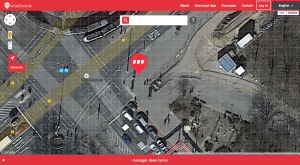
By inserting known three word combinations with the point divider the map switches automatically to the square you are looking for. In advance you can share your location with other users to ensure talking about same locations and navigate to each other.
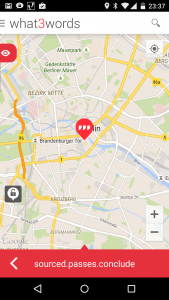
the challange
The big challenge of new coordinate systems is the wide-spread implementation in common GIS-systems, webmap- and location based services. Also you have to work with polygons instead of points if you operationalize the location (describing a point in a spatial system) within 3x3m square.
I’m convinced that what3words is an ambitious approach to revolutionize the complicated way of talking about places. The implemented offline mode supports the usage in offline areas.
Here’s the link to the what3words homepage.
What do you think about words as coordinates? Did you already tested what3words? Do you know familiar systems? Say it in the comment section.
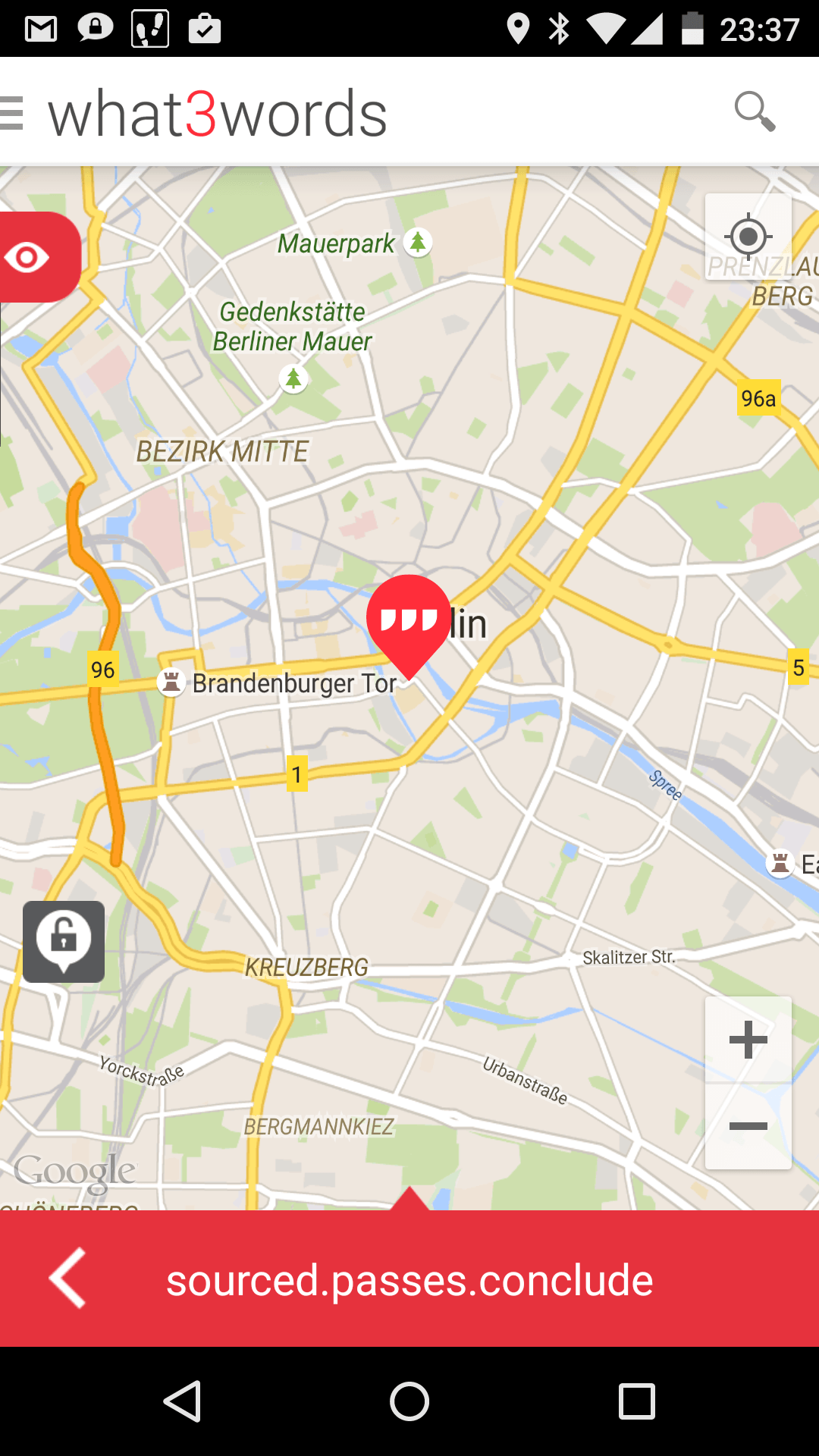
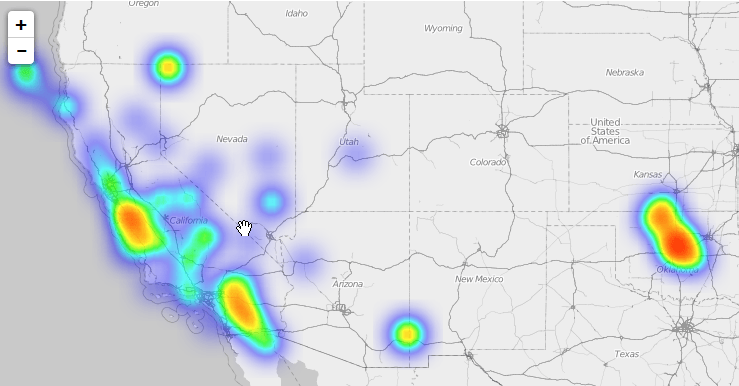
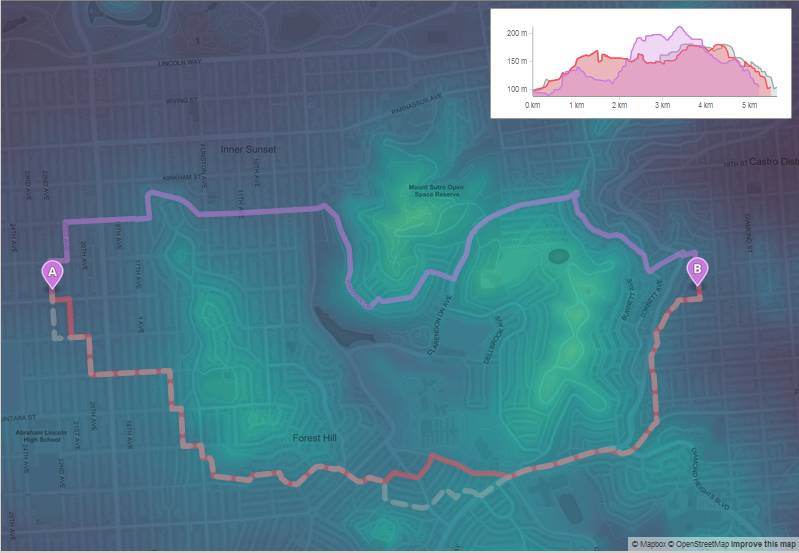

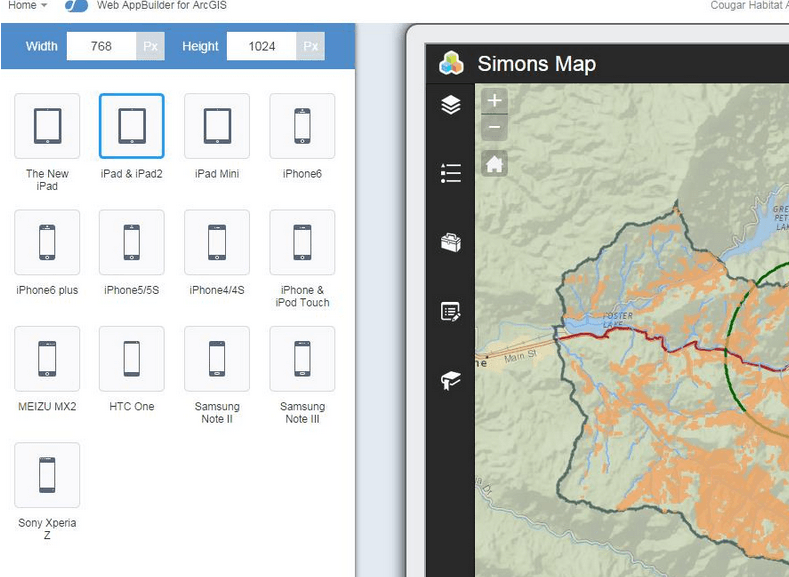
@Cartocalypse from twitter mentioned some “disadvantages” of what3words:https://twitter.com/search?q=%23what3words&src=typd
He also shared an initiative for an open clone:
https://github.com/pudo/open3words
It’s a great idea but… what if you don’t speak english.
Yeah, nice. But for navigation and definition of the squares lat/lon coordinates are needed. But very nice and handy idea for places where there is no adress available for people. Simple reference grid. 😉 I asked myself why it should be easier then saying I live at 250,680 or simply continiously numbered like I live at 45789?
what about other languages speakers?? my mom will never use it.. should be done with “international” words, but I can´t think of any.. or may be with symbols (in representation of).. like a heart symbol.
I also think What3Words has disadvantages – http://www.caribbeangis.org/2014/07/wots-that-word.html. Of the “competition”, MapCode and Open Location Code, I find the latter interesting – http://www.caribbeangis.org/2014/10/code-wars.html. Apologies for the linkfest.
@teilzeitgigant:disqus Thanks for the info about the open source clone.